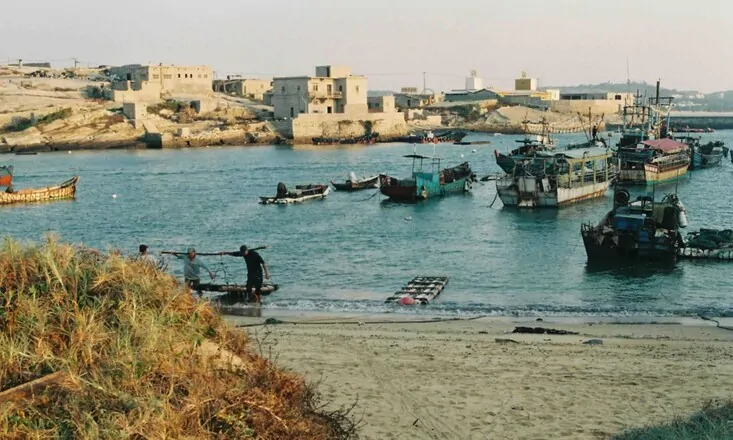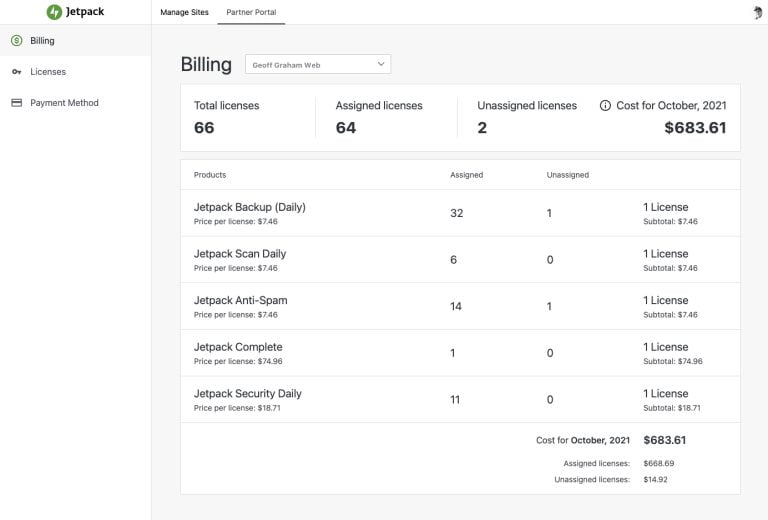
Libya has officially launched the Medusa subsea cable, a critical milestone in its post-war ambitions to become a regional digital hub. Inaugurated on May 11, the 8,700-kilometer submarine cable directly links Libya to Europe’s vast digital infrastructure, positioning the North African nation for deeper integration into the global digital economy.
The project, spearheaded by the state-owned Libyan Post, Telecommunications and Information Technology Company (LPTIC), is being described by industry observers as a transformative development for Libya’s telecommunications sector.
Rather than serving solely as a high-speed data conduit, the Medusa cable is intended to be the backbone of Libya’s digital future. Major cities including Tripoli, Misrata, and Benghazi are projected to benefit from significantly improved internet connectivity, which is expected to accelerate the deployment of reliable 5G networks and support the expansion of data centers and cloud computing infrastructure.
According to LPTIC, this enhanced connectivity will not only facilitate faster internet access but also attract international technology partners and strengthen Libya’s integration with global Internet Service Providers (ISPs).
Digital Public Services
Beyond its commercial implications, the subsea cable project would carry substantial strategic importance for Libya’s public sector. Officials believe the improved infrastructure will play a key role in modernizing state data governance, enabling faster delivery of digital public services, and supporting the transition to a digital-first approach within government institutions.
As the country works toward achieving greater digital sovereignty and revitalizing its economy, the Medusa cable might represent a critical technological and economic asset in this broader transformation.






